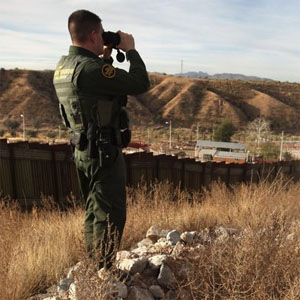I spent the five happiest years of my life in a morgue. As a forensic scientist in the Cleveland coroner’s office I analyzed gunshot residue on hands and clothing, hairs, fibers, paint, glass, DNA, blood and many other forms of trace evidence, as well as crime scenes. Now I'm a certified latent print examiner and CSI for a police department in Florida. I also write a series of forensic suspense novels, turning the day job into fiction. My books have been translated into six languages.
Yes. Unless they have a crime lab more incredibly equipped than any I've ever visited.
I’m not sure what you mean—when I decided to go into forensic science (in which case it would be “that sounds really cool, like I could solve mysteries without being a cop”) or more like my very first day on the job (which would be “I hope I don’t screw up “).
It may depend on how fresh the stain is and how fresh your reagents are. Plus just becuase something fluoresces does not mean it’s semen (see answer above).
Sure, you can email me at Lisa-black@live.com.
Bouncer
 What's the best way to "get in good" with the bouncer at the door?
What's the best way to "get in good" with the bouncer at the door?
Border Patrol Agent
 Do you ever feel sorry for the illegals you catch trying to cross the border?
Do you ever feel sorry for the illegals you catch trying to cross the border?
Server / Bartender
 What's the best tip you ever got?
What's the best tip you ever got?
Titles and job requirements aren't uniform, so the only way to know is to call the crime labs in your area or wherever you might be interested in working and ask them. At the coroner's office we had to have at least a bachelor's in a natural science (this was before they had forensic science majors). At the police department where I am now, they only require a high school diploma but you get more points in the interviewing process for having a four year degree, so we all have one. You can also go on the websites for professional organizations such as the American Academy of Forensic Sciences and check out their job vacancy postings and see what the various positions require. Good luck.
Sorry, I'm having a hard time picturing how what you're describing would be possible.
For homework assignments please email me at: lisa-black@live.com.
-OR-
 Login with Facebook
Login with Facebook (max 20 characters - letters, numbers, and underscores only. Note that your username is private, and you have the option to choose an alias when asking questions or hosting a Q&A.)
(A valid e-mail address is required. Your e-mail will not be shared with anyone.)
(min 5 characters)
By checking this box, you acknowledge that you have read and agree to Jobstr.com’s Terms and Privacy Policy.
-OR-
 Register with Facebook
Register with Facebook(Don't worry: you'll be able to choose an alias when asking questions or hosting a Q&A.)